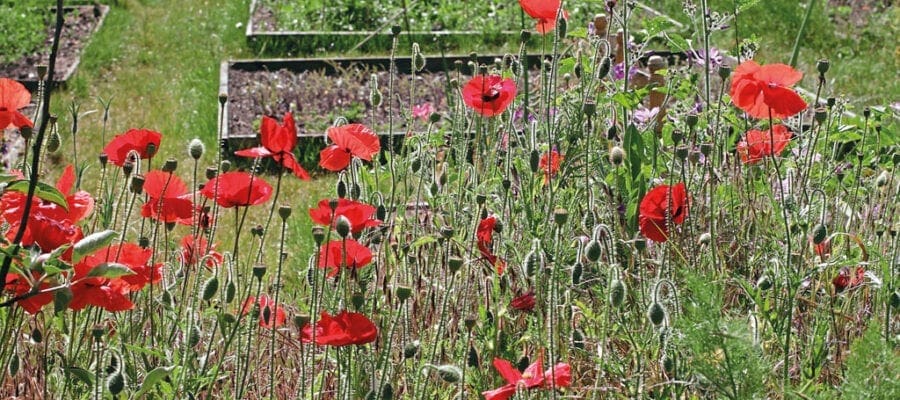Gardening can have a really positive impact on the environment. Here green gardener Becky Dickinson shares some eco-friendly tips.
When it comes to protecting the planet, gardening is up there with walking instead of driving, turning off the lights and putting out the recycling.
So if you grow your own food, you’ve already notched up a fair few brownie points (or should those be green?).
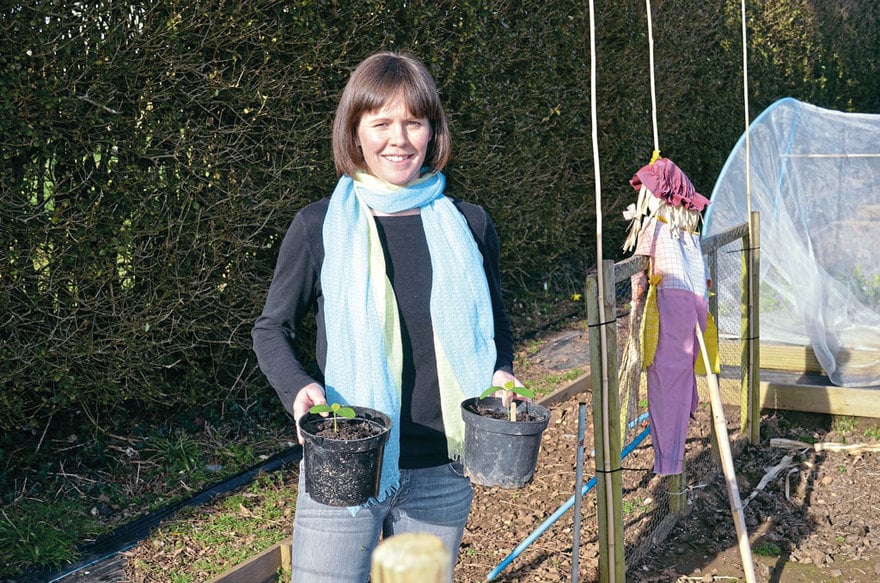
One of the great things about home-grown fruit and veg – besides the taste of course – is that there are no air miles and no unnecessary packaging.
Although gardening is by definition good for the environment, here are some ways to make it even more eco-friendly.
Insects Disappearing
Insects aren’t just critical to our gardens, but to the health and survival of the planet. As well as being vital pollinators and nutrient recyclers, they also provide food for birds and other creatures, without which whole ecosystems would collapse.
Yet insects are disappearing at an alarming rate around the world due to the intensive use of pesticides and other chemicals.
According to a recent global review, more than 40% of insect species are declining and a third are endangered.
The consequences of this for food production and the future of the natural world are potentially catastrophic and while action needs to happen at a global and political level, we can all make a difference in our own gardens by growing native flowers to encourage pollinating insects and avoiding chemicals.
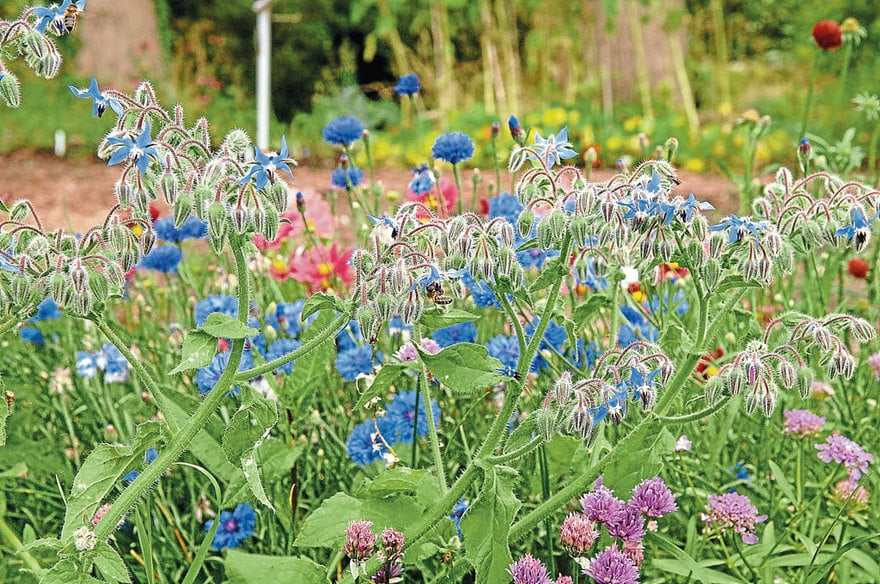
Physical barriers, such as cloches or upturned jars or bottles placed over young plants, are an effective way of protecting crops from pests until they are big enough to withstand some damage.
As a last resort, opt for natural methods of control such as nematodes or products certified for organic use, such as Neudorff’s Sluggo range (www. neudorff.co.uk)
Kill weeds, not soil
The use of some weedkillers is controversial and whether you are anti or in favour it is probably best to minimise or avoid their use.
Regular hoeing on a dry day is the best way to keep annual weeds at bay, while perennial or deeprooted weeds can be dug up.
An old-fashioned hand or long-handled fork should do the job, but for problematic weeds (and achy backs!) there are plenty of eco-friendly weeding tools to choose from, such as Fiskars Xact Weed Puller (www.fiskars.co.uk) which gets to the root of the problem with minimum effort.
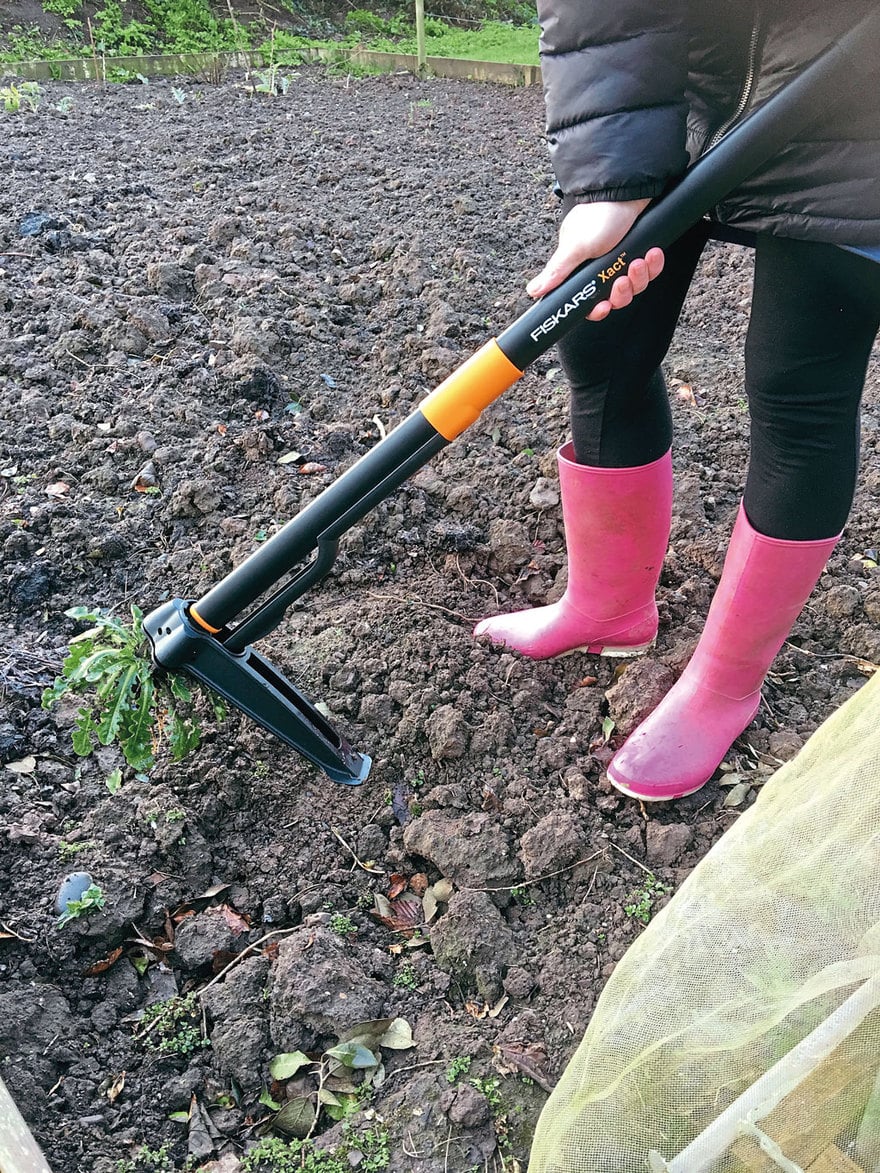
Mulching around plants with wood chip, bark or home-made compost also helps curb weeds, while for large areas, weed suppressant fabrics or black plastic can help suppress regrowth and prevent new weeds from establishing.
The truth is, manual weed control is an ongoing job – but better that, than risking health and possibly the soil.
Use your butt
By collecting water from the sky rather than using the tap, you’ll save money and benefit your crops as rainwater is neither too acid nor too alkaline. If possible, connect butts to guttering for maximum input.
Another trick is to leave empty buckets around your plot, close to your thirstiest plants (place a brick inside to stop them blowing over).
As the buckets fill up you’ll have water right where it’s needed. You can save even more water by mulching around plants to retain moisture and by watering first thing in the morning or last thing in the evening, to reduce evaporation.
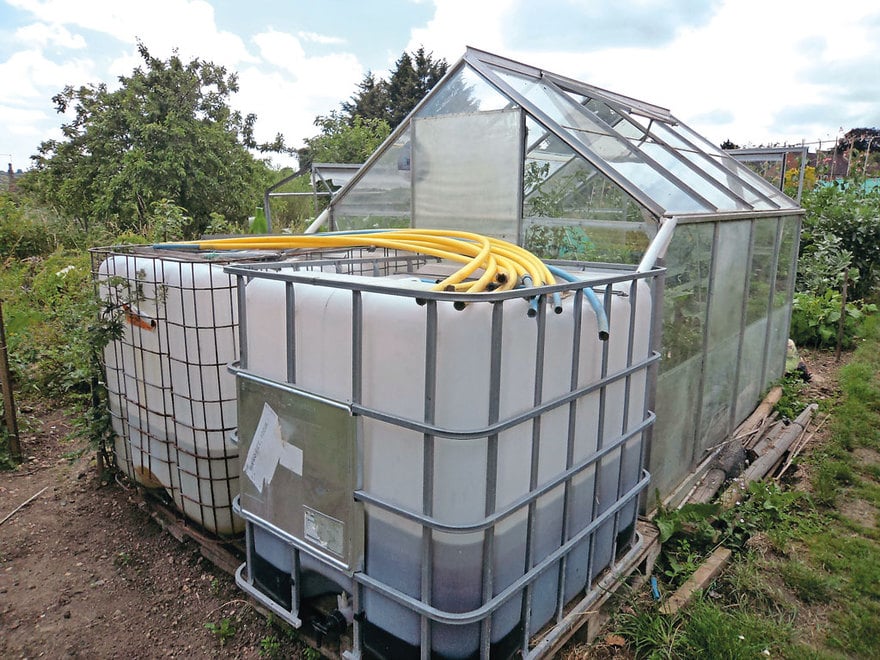
Recycle and reuse
Finding creative uses for unwanted and everyday items saves resources and cost. Whether it’s sowing seeds in yoghurt pots and empty toilet rolls, using Tupperware containers as mini propagators, turning an old tent frame into a fruit cage, or a shower screen into a cold frame, the possibilities are endless.
Don’t forget to check sites like Freecycle and Gumtree too – you never know what you might find.
Put your back into it
Lawnmowers and rotavators may be convenient, but they can do your garden – and the planet – more harm than good.
One Swedish study found that cutting the grass for one hour with a petrol-operated mower churned out as much air pollution as going for a 100-mile drive, due to the disproportionate amount of fumes produced by small engines.
Electric mowers also come at a cost to the environment by using valuable resources, so why not try a solar or human-powered one instead? Or better still, grow plants instead of grass. Rotavators are another ecological adversary.
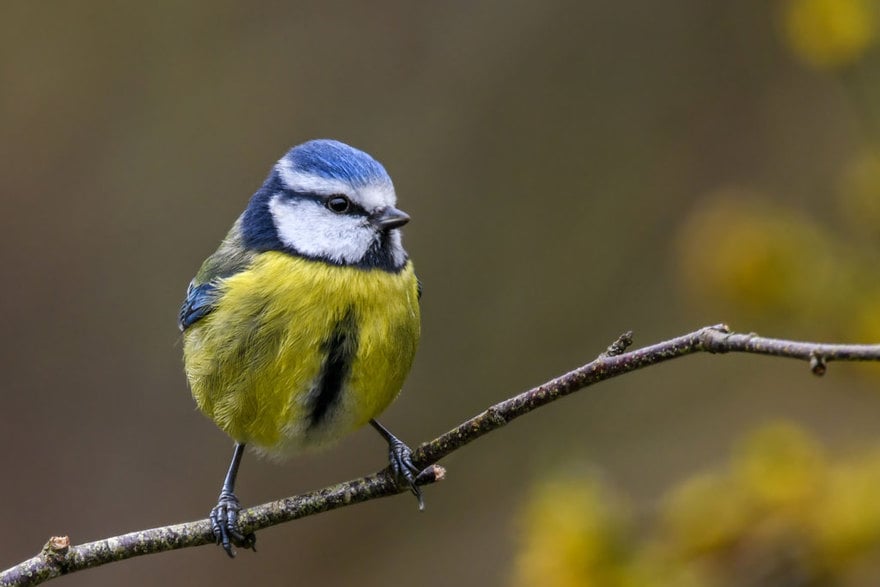
Besides the risk of fuel contamination, rotavating can damage the structure of soil and make mincemeat of worms.
Once again, a garden fork is a kinder option, or you could consider a no-dig approach.
Make your own compost
No garden is complete without its own compost bin or area. As well as being a great way to recycle food and other waste, you’ll end up with a constant supply of rich organic matter to lavish upon your crops, without having to splash out on commercial products.
As well as compost, you can also make your own liquid feeds – nettles, comfrey leaves, or seaweed steeped in water for a couple of weeks make a nutritious (if rather smelly!) treat for growing plants.
In addition, farms and stables are often happy to provide free manure. But if you do decide to top up with shop-bought fertiliser, look for organic brands.
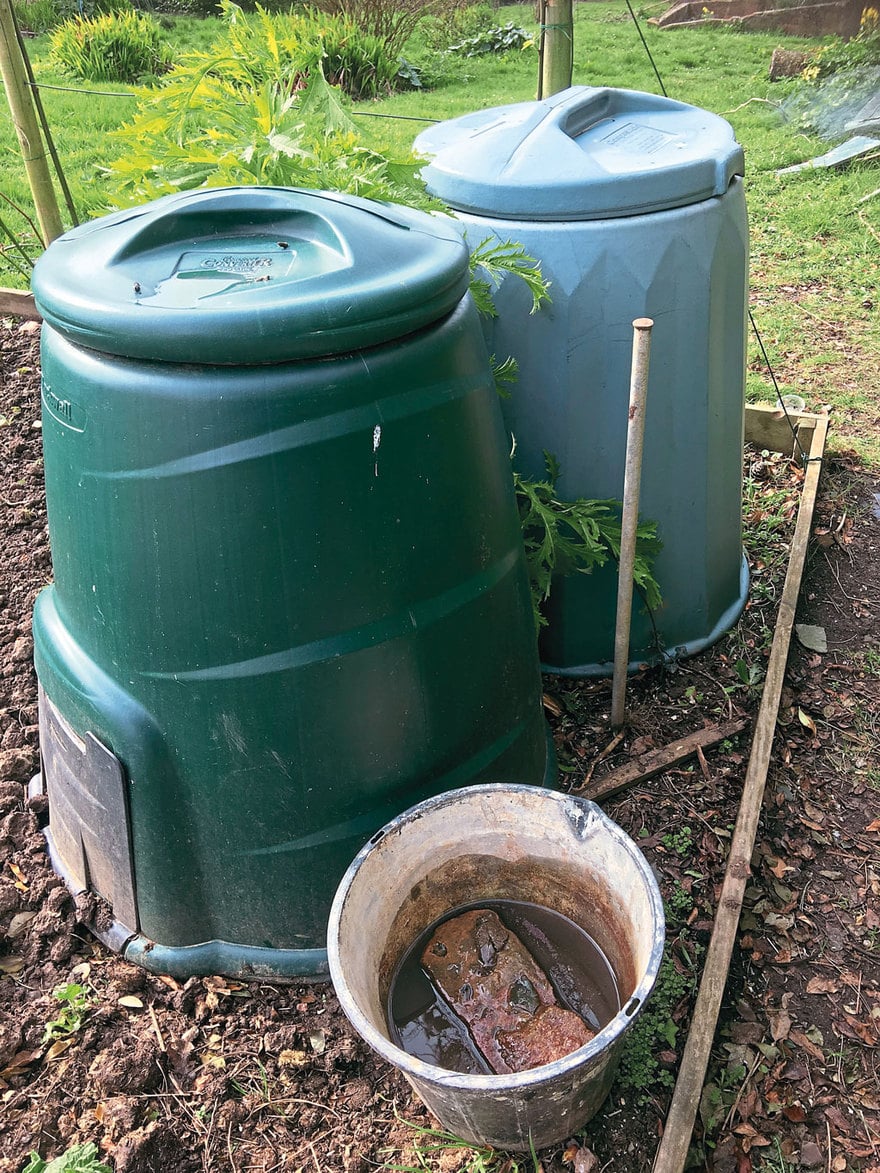
Likewise, if you need to buy compost then make sure it’s peat-free. Peat bogs store valuable amounts of carbon and are important ecosystems, yet more than 90% of those in the UK have been damaged or destroyed.
For an organic, eco-friendly alternative, Dalefoot offers a fantastic range of peat-free composts made from natural sheep’s wool and sustainably harvested bracken, with naturally occurring minerals, making them ideal for both sowing and growing.
Going organic in the garden may take a little more planning, but your plants and the planet will thank you. In fact, the future may well depend upon it.

